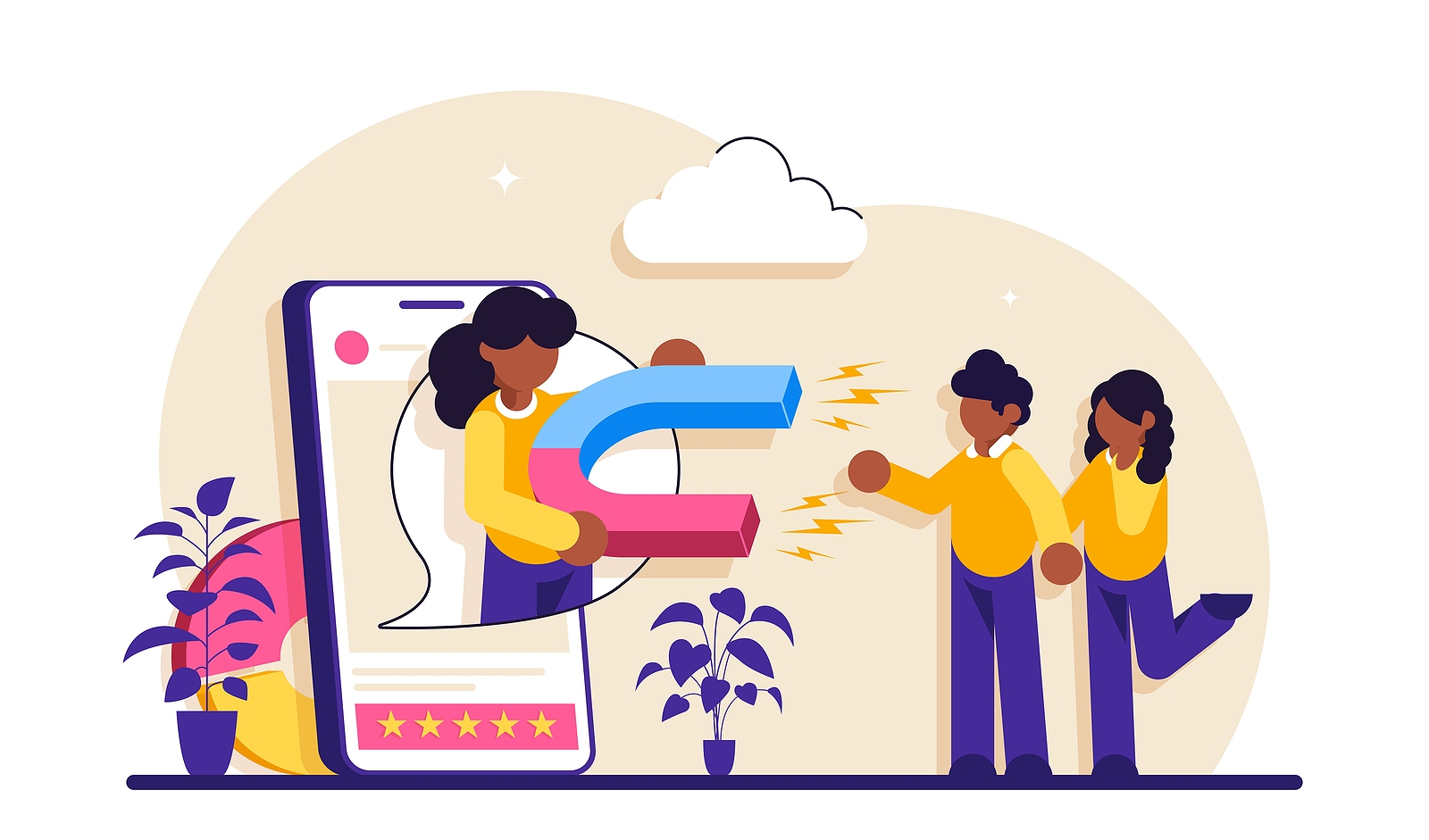EAT-ing your content is beneficial to SEO, and Google loves it. But what does it mean to EAT your content, why is it important and how can you do it effectively? In this article, we’ll be taking you through everything you need to know about EAT-ing your content, alongside an explanation as to why it’s so beneficial, helping to get your website noticed. Let’s dive deeper inot EAT content:
What does it mean to ‘EAT’ your content?
EAT is an acronym for Expertise, Authoritativeness and Trustworthiness. They’re factors that Google uses to ascertain how much trust your site, and the content displayed on it, has. The more trustworthy it is, the higher up in the search engine results pages (SERPs) it will be. EAT should be treated as a framework that Google uses to determine the quality of a website, essentially. When it comes to EAT, you have to keep in mind the following things:
- The expertise of the writer of the main content
- The authority of the creator of the main content
- The trustworthiness of all of the above
In order to enhance the trustworthiness of your content, maybe have a short bio about your writer at the end of a blog post or article. Google will take into account real-life experiences and details, especially if they come from the person who wrote the content in the first place. It shows the algorithm that the content displayed on-site has been written by real people and not by bots or AI. Essentially, if your content has EAT associated with it, it indicates that the page is high quality.
Why is it important to ‘EAT’ your content?
Google’s main goal when it comes to content is to provide a great user experience. Part of this involves only putting content into the SERPs that is trusted and high-quality. The information Google displays needs to be accurate, correct, clear and concise, alongside being grammatically correct and free from spelling mistakes and errors.
Basically, you should think of EAT as a rating of credibility, and that’s why it’s so important that you’re working towards the EAT content status. If you’re looking to improve SEO, then EAT is a great way forward. This is because it will ensure your content ranks as high up in the SERPs as possible, which is every content creator’s main goal. But how can you EAT your content, so to speak? Let’s take a closer look:

How to ‘EAT’ your content
The Google guidelines state that great content should:
- Help users
- Be created by an expert
- Be posted on an authoritative website
- Be trustworthy
- Be updated regularly
To EAT your content, you need to have a high level of expertise. If you don’t have this, then make sure you do your research. Know the topic inside and out before creating content to be published online. As well as making sure you’re displaying accurate, correct, clear and concise information, you also need to make sure that you have both internal and outbound links present.
This is a great way to EAT your content, but it’s also beneficial when it comes to SEO. Good spelling and grammar are also essential elements if you want to EAT your content. In addition, having a good, crisp website design that looks the part will also help to EAT your content. It’s all part of the trust side of things. This is what will draw traffic in and create a loyal customer base as a result. The more trusted your website is by consumers, the more likely it is that they will keep coming back.
Kumo is a dedicated digital marketing agency with over two decades of experience in the field. We are pleased to offer SEO, PPC, content writing and website design services that will help to set you apart from your competitors and propel your website into the spotlight. If you would like further information about our digital marketing services in Nottingham and throughout the rest of the country, get in touch with a member of our friendly, knowledgeable team today – we’re always happy to hear from you.
Author Biography
Lorna
As an experienced Copywriter, Lorna enjoys creating varied content for an abundance of different industries and sectors. From detailed, informative articles to creative infographics, she's always looking to inject originality into the work she produces. When she isn't working, Lorna runs her own lifestyle blog, plays the guitar and loves to take part in charity runs.